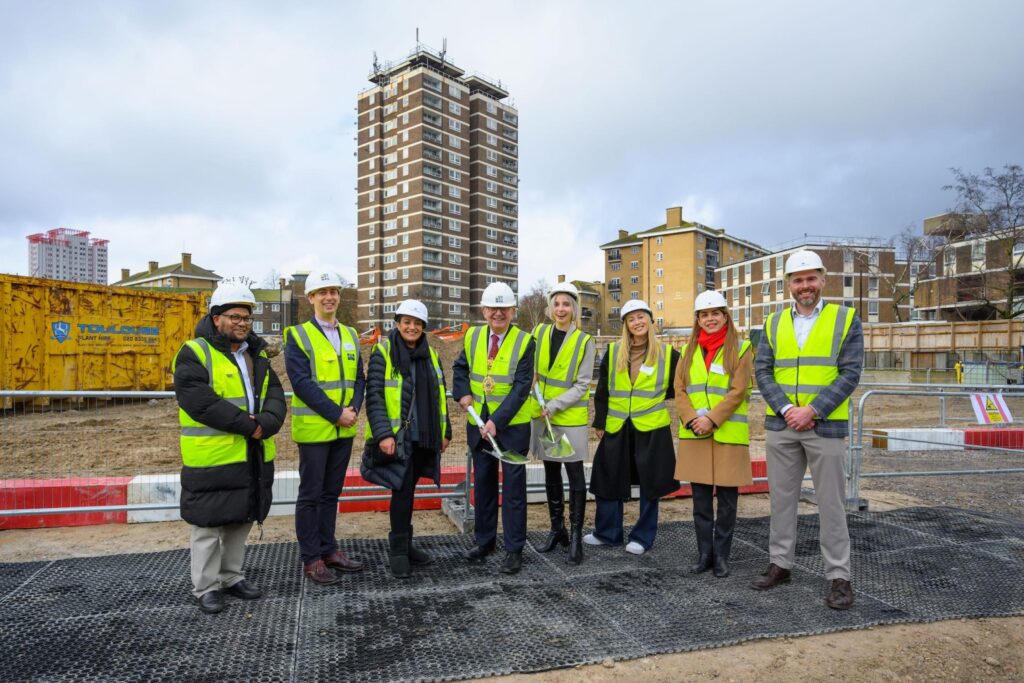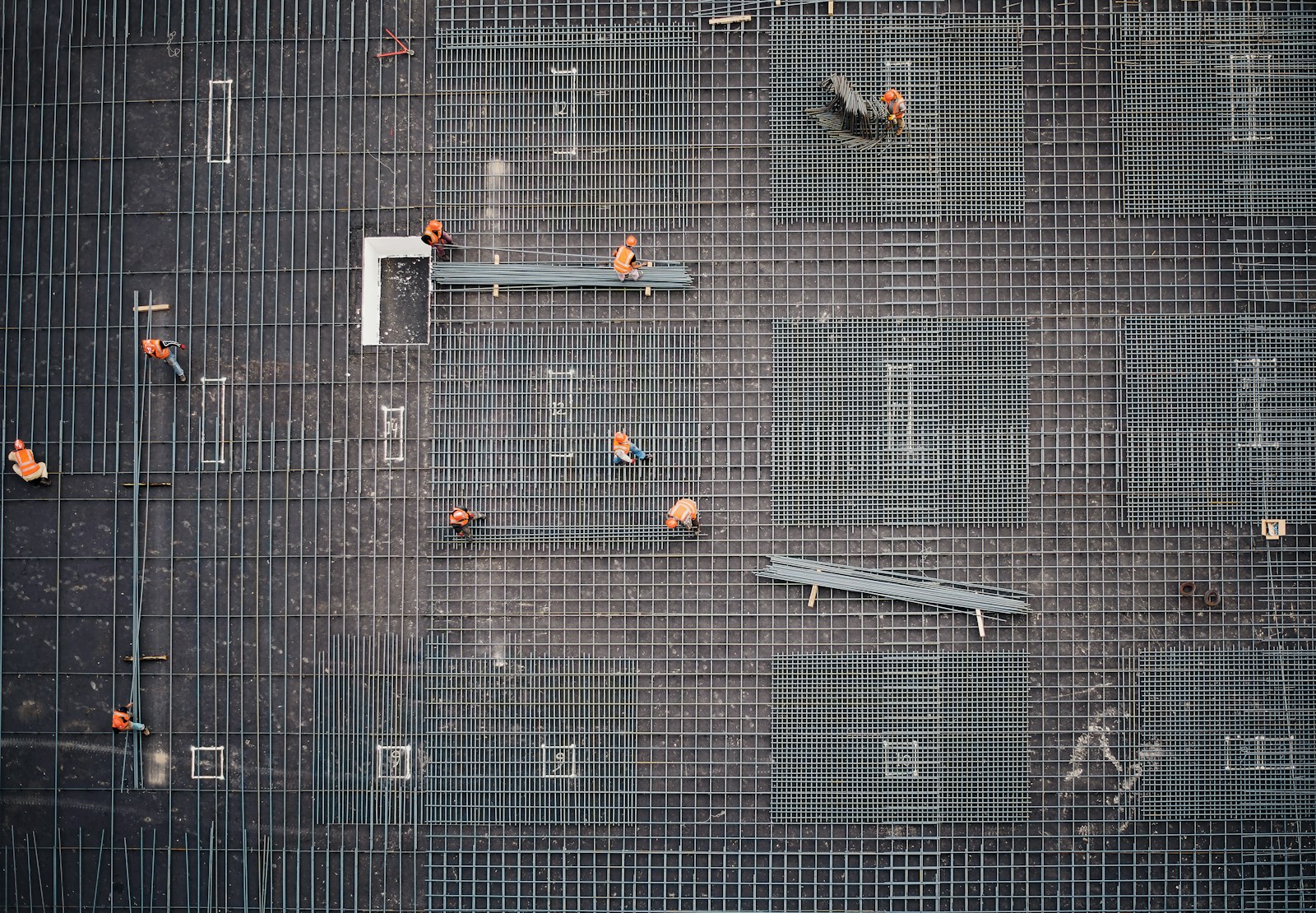The government have published a new white paper which looks to curb irregular migration and tighten legal routes into the UK. Industry experts explore how this change will affect housebuilding.
The white paper, which is otherwise known as Restoring control over the immigration system, has been created to put an end to being over-reliant on low-paid overseas labour and looks to introduce longer settlement timelines, higher English language thresholds and a direct challenge to employers who depend on migration to fill lower-paid jobs.
Since the new policy package was announced, it’s fair to say it hasn’t been widely received. Though prime minister Keir Starmer has called it a move towards a ‘controlled, selective and fair system’, some Labour MPs are still defending the open migration model claiming it fair and necessary.
Among those who believe the new policy to be needless is Richard Beresford, chief executive at the National Federation of Builders (NFB).
‘The immigration system should be a strategic tool, not a political one. Too many governments have tinkered with it for their own benefit and not the countries,’ he said. ‘Sustainable national growth is impossible when party politics comes ahead of the nation.’
Richard likewise explained that the timing of introducing such a white paper couldn’t have come at a worse time, especially in terms of achieving the government’s already impossible target of building 1.5 million homes before the next general election.
‘If we want to build 1.5 million homes, retrofit 20 million homes, fix the grid, build roads, rail and renewables, we need a skilled workforce to do it,’ Richard continued. ‘In 2025, we simply do not have enough UK workers to achieve that and by 2027 things will be even worse due to many more people retiring from the industry.’
Echoing a similar tone, Rico Wojtulewicz, head of policy and market insight for the NRB, added: ‘We commend the government’s intention for a workforce plan and talking about all departments working together, however, unless it understands who train and retain our workers, it will fail to solve the worker capacity immigration challenges.
‘In construction, SMEs train 73% of apprentices, but because they do not have a strong pipeline of work, with most operating hand to mouth, they cannot afford an apprentice. Things are so bad that many cannot even afford to retain existing stuff, let alone afford an apprentice. If they had work pipelines, they would be able to train as they did in the 1980s, when SMEs built 40% of homes and we trained more bricklayers and carpenters than all construction apprentices today.’
‘This government appears to be taking nation renewal seriously and so we expect that conversations about strategic solutions will grow now we have the immigration whitepaper,’ Rico explained. ‘We would also note that we are delighted to see the Government hint at embracing our recommendations for a one in one out scheme, whereby, if a company takes on a foreign worker they must train or fund the training of a UK worker in the same discipline.’
Photo by Saad Salim via UnSplash
In related news:
Hitting a brick wall: can Labour actually deliver 1.5 million homes?
‘Summer Streets Fund’ launches to encourage al fresco dining in London


















Leave a Reply